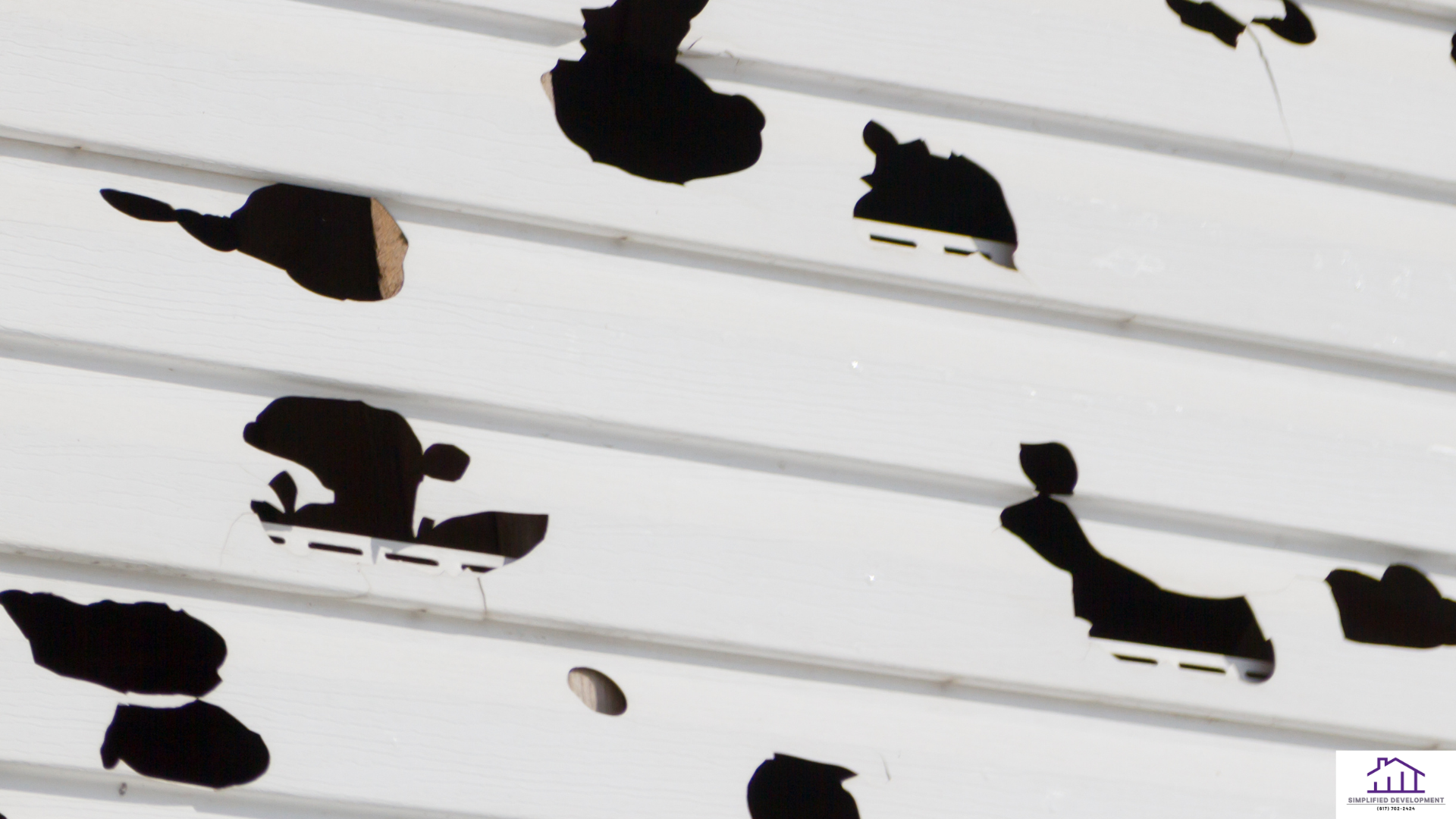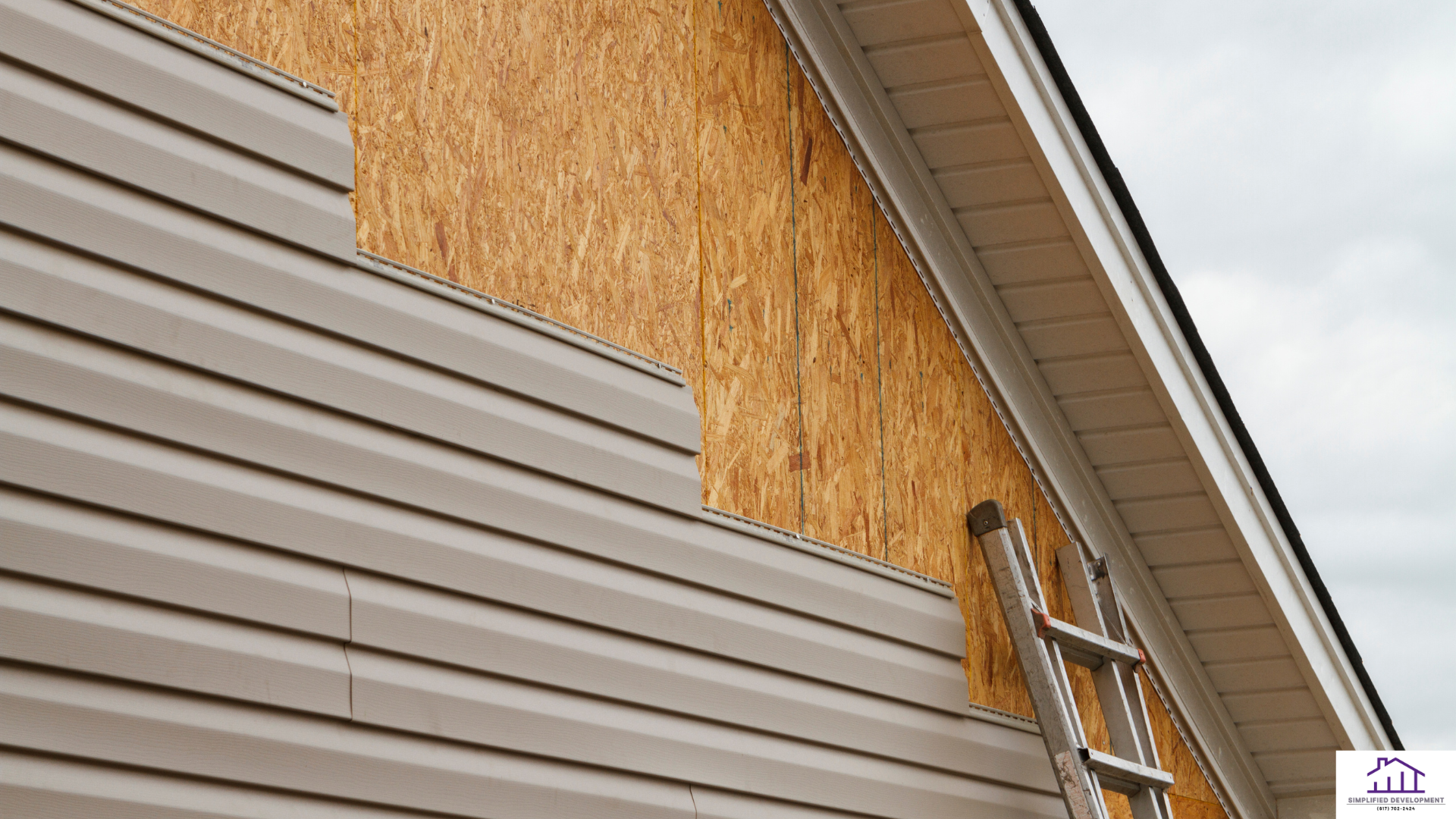Thank you for visiting!
How to Save Money on a New Roof

Investing in a new roof can be a significant expense for homeowners. However, with the right strategies, you can minimize costs without compromising quality. Here are some essential tips to save money on a new roof:
1. Choose the Right Roofing Material
Roofing materials vary widely in price and longevity. Asphalt shingles are a popular, cost-effective option, while metal, tile, and slate roofs offer greater durability but at higher costs. Consider your budget, climate, and long-term plans for your home when selecting materials. Sometimes, spending a bit more on a longer-lasting material can save you money in the long run.
2. Time Your Roof Replacement Wisely
Roofing companies often have busy seasons, typically in late summer and early fall. Scheduling your roof replacement during the off-season (late winter or early spring) can sometimes result in discounts or lower rates. Additionally, contractors may have more flexibility and time to devote to your project during these slower periods.
3. Perform Regular Maintenance
Proactive maintenance can extend the life of your roof and prevent costly repairs. Regularly clean gutters, remove debris, and inspect for damage. Addressing minor issues early can prevent them from becoming major, expensive problems. This approach not only saves money but also ensures your roof remains in good condition for as long as possible.
4. Consider Layering Over Existing Shingles
If your roof is structurally sound and has only one layer of shingles, you may be able to install a new layer over the existing one. This method, called reroofing, can save labor and disposal costs. However, it’s not always the best option for every situation. Consult with your contractor to see if this is a viable option for your home.
5. Negotiate and Look for Discounts
Don’t hesitate to negotiate the price with your contractor. Ask about any available discounts, payment plans, or financing options. Some contractors offer discounts for military personnel, seniors, or cash payments. Additionally, inquire about manufacturer rebates or seasonal promotions that can further reduce costs.
6. DIY What You Can
While most roofing work should be left to professionals, there are some tasks you can do yourself to save money. For example, you can remove old shingles and clean up debris, which can reduce labor costs. Be sure to discuss any DIY tasks with your contractor to ensure you’re not voiding warranties or creating additional work for them.
7. Check for Local and Federal Incentives
Look into local and federal programs that offer financial incentives for energy-efficient home improvements. Some areas provide rebates or tax credits for installing energy-efficient roofing materials. These incentives can offset the initial cost and lead to long-term savings on energy bills.
8. Review Your Insurance Policy
Sometimes, homeowners' insurance covers roof damage caused by storms, fire, or other incidents. Review your policy to understand what is covered and consider filing a claim if applicable. This can significantly reduce out-of-pocket expenses for a new roof.
Conclusion
By taking these steps, you can effectively reduce the cost of a new roof while ensuring your home remains protected. Remember to balance cost savings with quality to ensure your new roof is both durable and cost-effective. With careful planning and smart choices, a new roof doesn’t have to break the bank.











